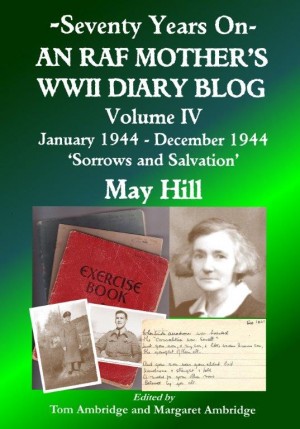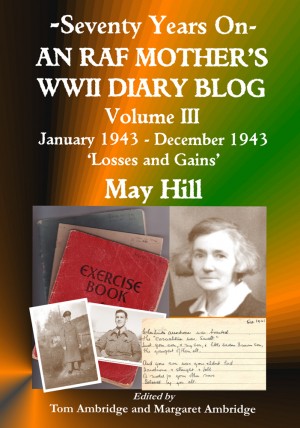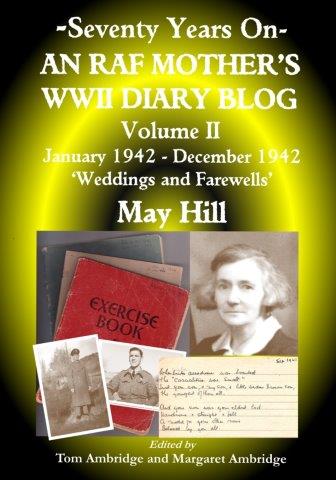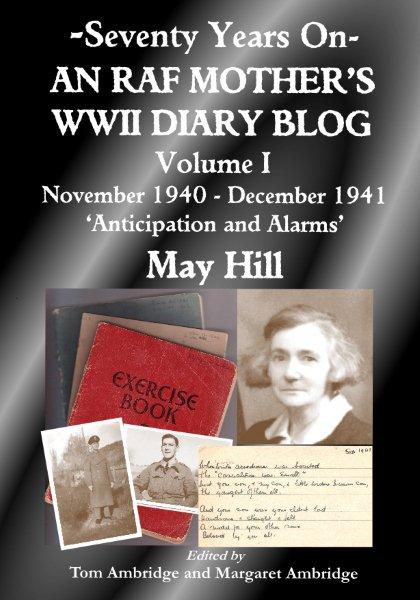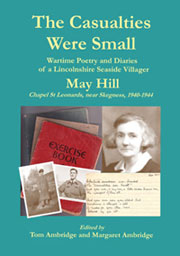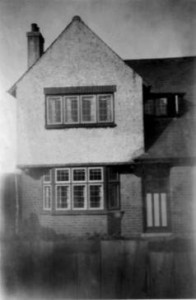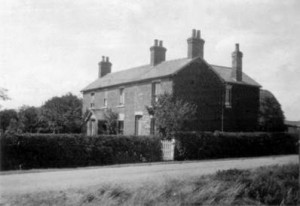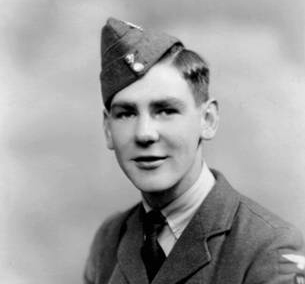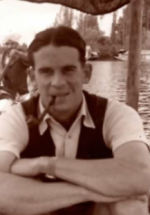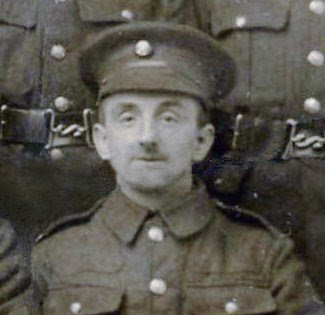Have just added last few lines to my poem which I call for the moment, “The little house”. It is almost a week since I wrote most of it instead of in my diary. P.C. Coates has just called. I wonder what he is after. He was enquiring about something to do with Mr Moore (Ki. Moore). Said he had a list of his patients and Mr and Mrs Hill were named. I think we ought to have notice of questions and visits but still I only told him truth, if I gave the wrong answer I can’t help it, we don’t owe Moore anything. I told him the only dental treatment we had from him was, that he made Father a set of teeth some years ago. Can’t remember when. Think before the war but not sure.
There is a continual rumble of planes going out. There were a few planes over here last night and bombs dropped. I don’t know how near but I slept well. Father is patrolling so I am not so nervous. Churchill is back. War seems to be going in Allies’ favour all over now. We won the day at Salerno and 8th Army joined 5th much quicker than they expected, but I am afraid there has been a lot of lives lost and maimed. We had an A.M. [airmail] letter from Frank Adams to-day. We are pleased to hear that he is safe and not in Italy so far, at least he was in Sicily on Sep 6. We were pleased to get it but disappointed that it was not from Ron. Also we wonder if Ron has moved as it is over a month since the date of Ron’s last letter unless Emmie has had another. Frank said he could get to a town and that they were getting things normal and ship-shape again very quickly there. He had bought silk stockings and silk underwear set for Sybil and sent home. I hope it arrives safely. I must write to her, she will be relieved that he is not in Italy just now. We all feel better for knowing he’s safe, but it has made us wonder more than ever if Ron has moved again. We had several letters last week-end but they were all old ones, we had already had the newest one dated 17th. They cheered us up at first, as they were very cheerful letters. He seems to be more settled now as if he had got used to being away and we can get used to most things and it is a little easier then. However that has passed and we are anxiously awaiting a letter from him.
‘The Little House’ (or ‘The Little Home’) was almost completed on 17th September 1943.
Police Constable Coates was NOT the regular local officer. The policeman for Hogsthorpe and Chapel St Leonards was PC Fenn, father-in-law of Grace, née Clowes, Fenn who was a member of WRNS at ‘Royal Arthur’.
‘Kimoor’ was a bungalow, opposite ‘Sunny Side’ (see Village Map), named after the wife of dentist, Mr Moore.
Prime Minister Winston Churchill arrived back in Britain on the battleship ‘HMS Renown’ following an extended stay in Canada and the USA. He had been attending the top secret First Quebec Conference with US President Franklin D Roosevelt and host Canadian Prime Minister Mackenzie King.
In the Allied invasion of Italy, the British 8th Army, Montgomery’s ‘Desert Rats’, and US 5th Armies had joined forces at the Salerno bridgehead, from which the Germans withdrew.
Have you read an introduction to May Hill & family (includes photographs) and explored ‘The Casualties Were Small’?

